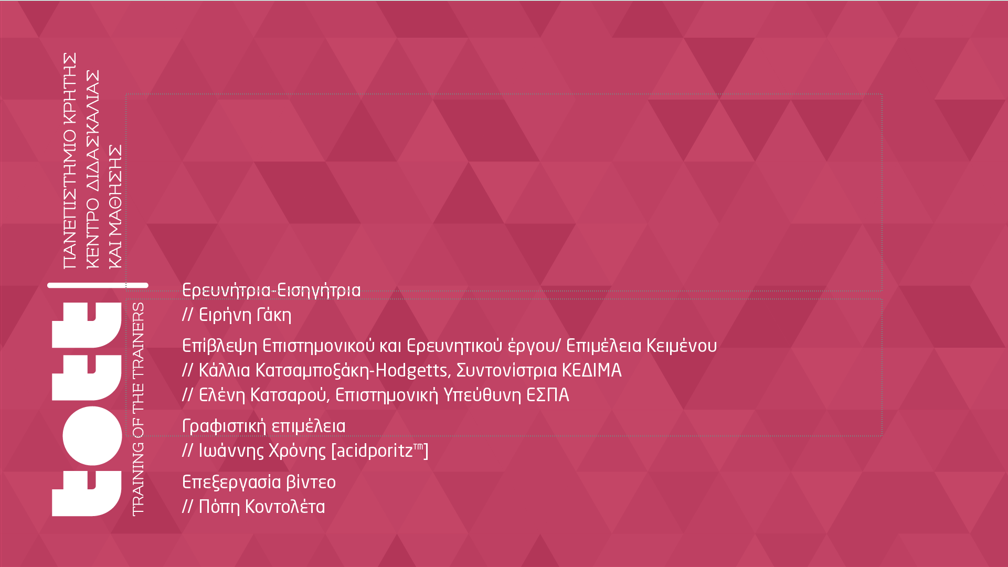Digital Readiness
August 30, 2023 2023-08-30 22:21Digital Readiness
Digital poverty is about:
- The lack of resources and skills in a significant proportion of students and lecturers making it difficult for them during the digital education process or even excluding them from it (Taşkın & Erzurumlu, 2021) This is important as, digital resources and digital skills are nowadays an essential life skill (Khan et al., 2022) empowering those involved in higher education to successfully meet the demands of the digital age of the 21st century (English, 2016; Gómez-Galán et al., 2021; Khan et al., 2022), which is constantly changing.
- The incomplete digital infrastructure of universities (Taşkın & Erzurumlu, 2021), Digital poverty is also about the poor digital infrastructure of universities (Taşkın & Erzurumlu, 2021). Many universities do not have digital platforms for modern and asynchronous education, or even if they do, they did not use them before the Covid 19 pandemic and certainly did not educate their staff, lecturers and other staff about their operation and capabilities. It is well known that the use of e-class, e-learn, etc. digital environments in Greek Universities resembled more resource repositories than digital learning environments. Moreover, many universities lack permanent computers and permanent projectors in all classrooms and lecture halls, as well as fully organised and staffed computer laboratories with modern computers and all the necessary peripheral tools.
As a result of all the above, digital poverty concerns the inability to manage the cognitive, metacognitive and emotional demands of distance education (Taşkın & Erzurumlu, 2021) by both lecturers and students. According to research, learning in digital environments increases the cognitive load and requires more cognitive effort to process the information received (Erarslan & Şeker, 2021). More specifically, within digital learning environments the cognitive demands on the stakeholders (instructors & students are initially increased in order to define the teaching and learning context and set their goals. In addition, metacognitive requirements are also increased in order for the stakeholders (lecturers & students) to use appropriate methods and strategies to monitor the progress of their goals (Erarslan & Şeker, 2021; Schneider et al, 2022). Finally, it is worth noting that the above is also influenced by the motivation of the stakeholders, i.e. their interest and commitment to their goal, as well as their emotions which are shaped by their previous experiences and have a significant impact on their motivation to engage (Erarslan & Şeker, 2021; Schneider et al., 2022).




